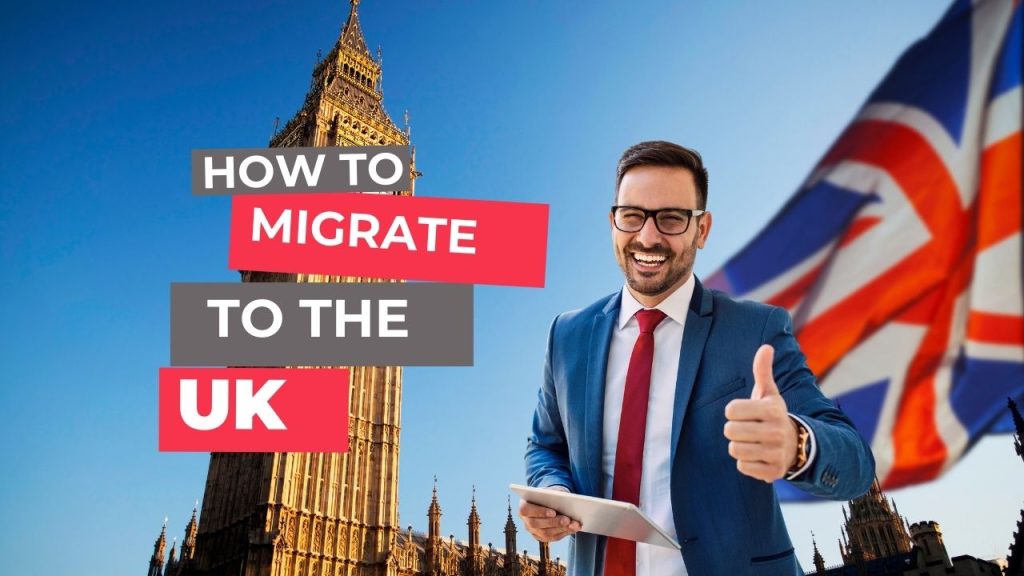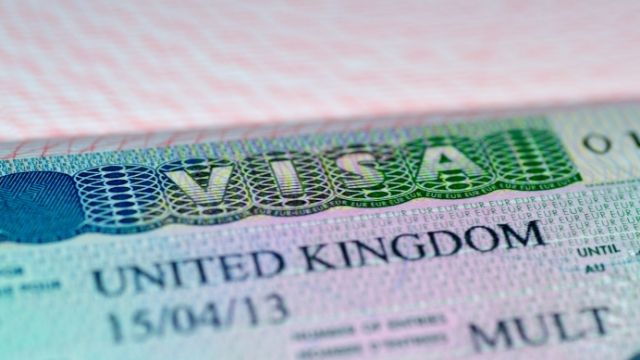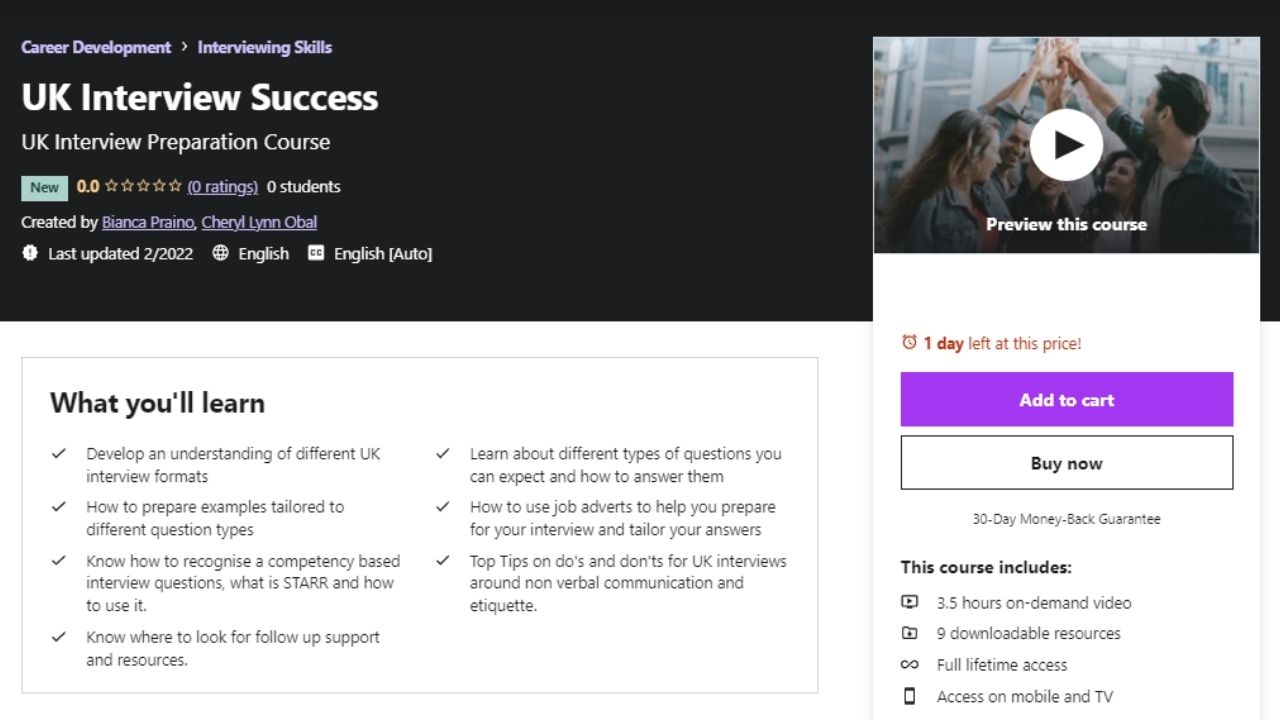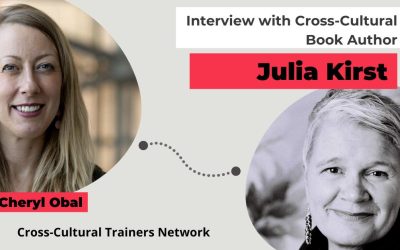Umair: There is a two-step process to apply for and extension, after three years of your first entry clearance visa (EC). So once you’ve got the HSMP, you get three-year visa, entry clearance visa and in that three years, there are certain protocols that you have to follow. You have to stay in the UK for a specific amount of time per year.
I think it’s 270 days per year and you have to earn a certain amount of money per year taxable income in your own field, not doing odd jobs and things like that. It should be the field that you were originally given the visa for.
If you prove that after the end of three years, you’ve got those things in place then you get an extension for two more years which they call “Leave to remain” in the UK.
“Leave to remain” in the UK for another two years, and after that two years you apply for
“indefinite leave to remain,” where you have to prove that in five years, there was not even a single time when you had a holiday more than a certain number of days. You earn a certain amount of taxable money that you contributed towards the UK society and finances in a certain way and if you tick all the boxes, you can apply for a permanent resident card. They call it “LFR”.















